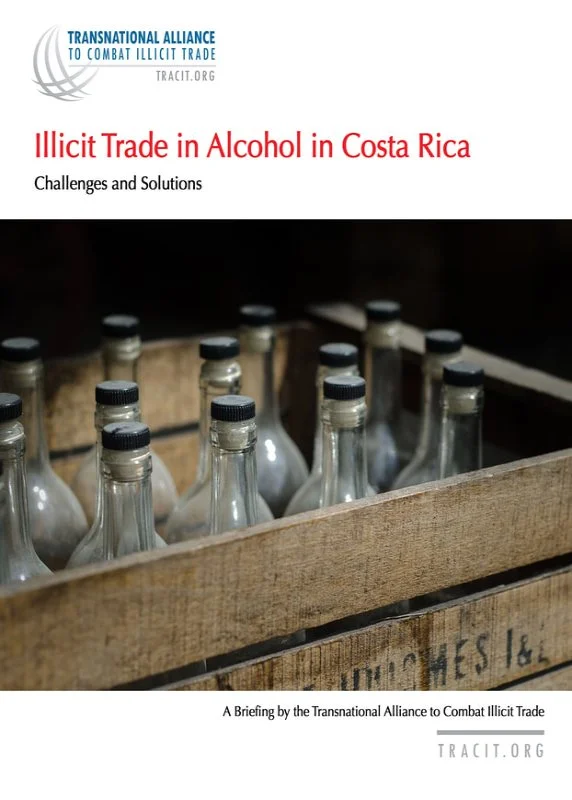By Nancy Frank
FROM CHAPTER 1: “OVER THE LAST ten to fifteen years, a number of tragic episodes have elevated public consciousness of crimes against health and safety. The Love Canal disaster, in which an entire neighborhood had to be permanently evacuated because it had been built on an abandoned chemical dump, became only a prelude to a growing awareness of hazardous waste disposal problems. In the Pinto case the Ford Motor Company was indicted on charges of reckless homicide for selling the Pinto even though the company allegedly was aware that the car had a tendency to explode when involved in rear-end collisions. The accident at Three Mile Island, in which a nuclear reactor started to melt down before technicians were able to bring it under control, dramatically illustrated the risks that are created and managed by profit-seeking firms.”
NY. Harrow and Heston. 1985. 112p.




